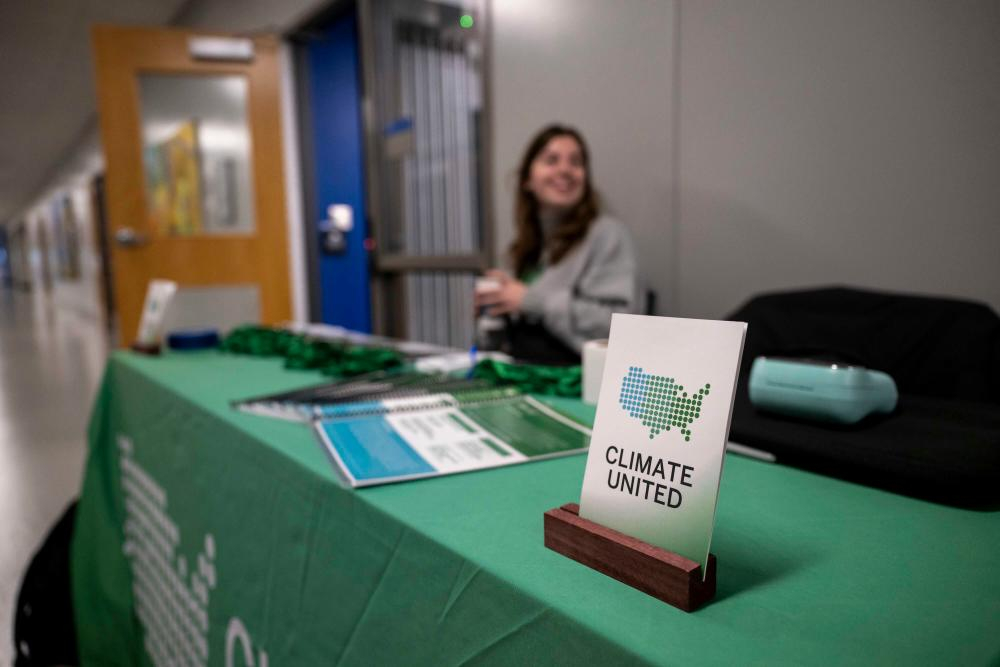
- Details
- By Chez Oxendine
- Energy | Environment
Tribes face steep — and expensive — hurdles before breaking ground on renewable energy projects. Feasibility studies, grid connectivity surveys, environmental reviews, and other predevelopment costs can stall projects before they begin.
Bethesda, Md.-based nonprofit Climate United aims to lower those barriers with a new $30 million grant program for tribes. The organization’s NEXT program will offer grants up to $300,000 per recipient, targeting Native-led or Native-supporting renewable energy projects. Climate United expects to fund between 12 and 15 projects in its first round.
 Krystal Langholz, Climate UnitedThe initiative comes through a coalition of companies formed using $6.97 billion from the Biden Administration’s $27 billion Greenhouse Gas Reduction Fund. Climate United, led by nonprofit investment firm Calvert Impact, focuses on providing accessible credit and financing to underserved communities hoping to access renewable energy.
Krystal Langholz, Climate UnitedThe initiative comes through a coalition of companies formed using $6.97 billion from the Biden Administration’s $27 billion Greenhouse Gas Reduction Fund. Climate United, led by nonprofit investment firm Calvert Impact, focuses on providing accessible credit and financing to underserved communities hoping to access renewable energy.
“I think that pre-development can be one of the hardest stages to find support for on these projects,” Climate United Chief Community Officer Krystal Langholz told Tribal Business News. “We really wanted to build a pipeline of projects that can ultimately support those communities — and to do that, you have to start in the earlier stages and make sure those projects have the support they need to get going.”
With the NEXT program, Climate United joins two other recent initiatives targeting pre-development funding gaps for Native communities. Both the nonprofit Alliance for Tribal Clean Energy and the Department of Energy’s Office of Indian Energy launched similar programs in recent months to help tribes overcome initial costs.
Eligible applicants for the NEXT grants include tribes, Native-supporting nonprofit organizations, state and local government entities, and institutions of higher education.
While Climate United will primarily focus on larger projects through direct financing, the organization plans to work with community lenders to identify and support smaller-scale tribal energy projects, according to Langholz.
"The ultimate measure of effectiveness for us is a long-term measure - it's making sure that these projects are successful and go on to support communities," Langholz said. “We want to make sure these projects get far enough that they stand up and go on to receive financing and have time to make that impact in these communities.”
Climate United NEXT applications are due Jan. 10, 2025. The company will hold a webinar on Dec. 6 at 2 p.m. EST for more information on the application process and award criteria.
